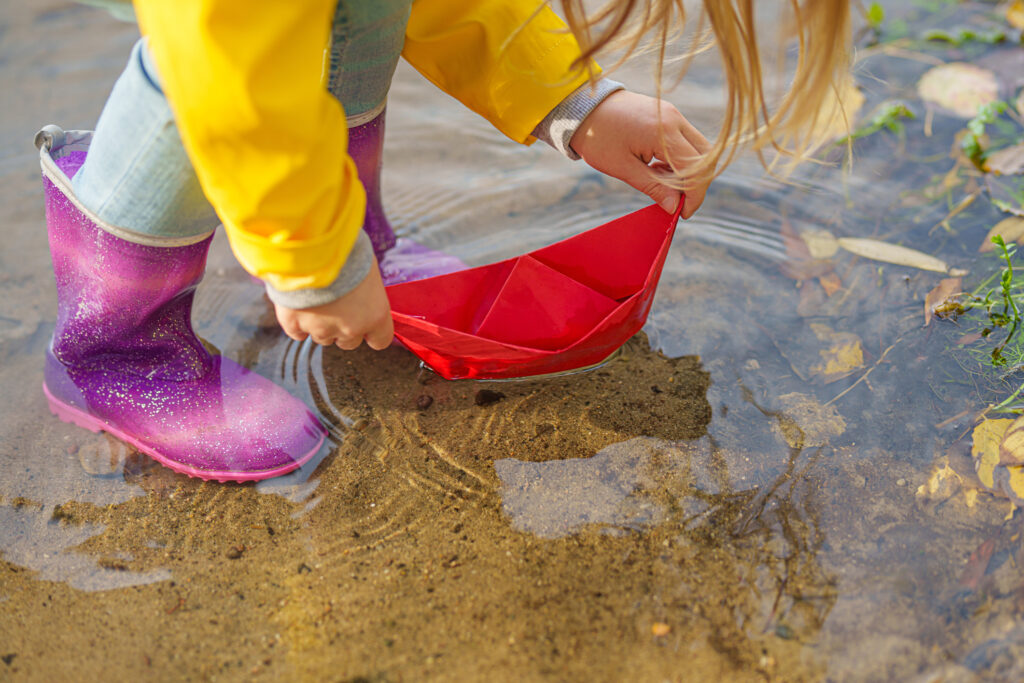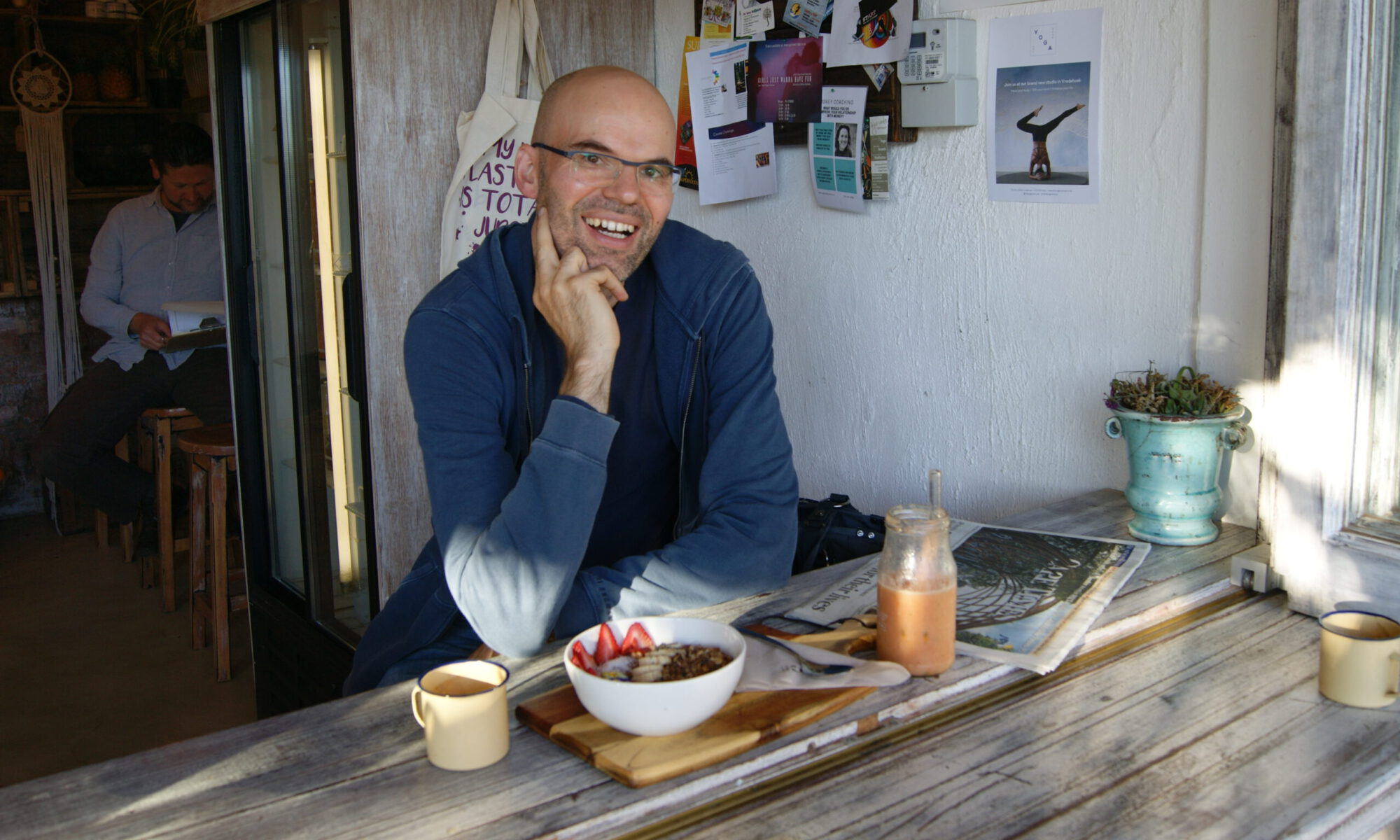
“Even behind a cloudy sky there is a bright sun” I once read on a postcard – what an apt image for confidence.
I took a month break to write about something fundamental today.
A topic that particularly highlights the interactions in human life, because I am convinced that everything is somehow interconnected, that humans/humanity/nature is a living organism.
Why is this topic important to me?
Instilling confidence in your child is fundamental. My parents and those around me have succeeded in instilling in me a “basic trust” – as a Christian I call it “trust in God” – and I want to do the same.
When I read in the newspaper that “Oshada sometimes cried from hunger and Udeni sent him to bed early”[1], it affects me personally, even if the story takes place in distant Sri Lanka. The same applies to human violence and the destruction of nature near and far.
I am human and as such I have compassion. I can
- Feel anger – not being able to prevent it;
- Feel shame – living in a “golden” bubble;
- feel despondency – not being up to the challenges.
But I can also ask myself how I can make my contribution to a world worth living in, how I can live up to my responsibility.
Poverty, violence and the destruction of nature are mostly man-made. The world does not have a problem. Man has/is the problem.
I don’t consider myself to be “remote-controlled”, but sane. Or as my former university lecturer Julian Nida-Rümelin puts it: “Humans are free, rational and responsible”.
Perhaps I am sometimes remote-controlled when I relinquish my responsibility, when organizational goals are not congruent with my own,… . But I have it in my own hands to be the pilot or passenger of my life.
[1] DER SPIEGEL Nr. 12 16.3.2024, S. 46 „Dhanush und die Staatspleite“ von Stefan Schultz
What does that mean for me?
Three aspects help me to take on my responsibility with confidence:
1. Observance of the penguin principle
Eckhart von Hirschhausen explained it really well on YouTube: “Everyone has strengths and it is so much more efficient to strengthen strengths than to work on your weaknesses.” What are my strengths and do I use them to be effective?
Excursus: There is a good strengths finder on the University of Pennsylvania website in numerous languages.
2. Orientation towards meaningful action maxims and goals
The categorical imperative of Immanuel Kant, for example, can serve as a yardstick for meaningfulness, i.e. checking for generalizability for all people, for example
to live in a way that does not harm anyone (see blog post on responsibility),
for example, to be guided by the SDGs (see blog post Sustainability).
As this develops (self-)efficacy.
3. Collaboration
“Those who work alone add up, those who work together multiply:” I am not alone.
We humans can cooperate and work on tasks that are bigger than us. “Many small steps in the right direction lead to the desired change.” Cooperation, the “superpower of the human race”, as our Minister President Winfried Kretschmann once put it so beautifully.
Food for thought for children
I therefore try to support my son in gaining confidence in himself “through play”:
- Let him try out sports => awaken his curiosity
- Listen to music and look at art with him => feel beauty
- Encourage friendships => Feel the power of relationships
- …
Doing things together, spending as much time together as possible, taking him seriously, respecting him, treating him with appreciation. Being there when he needs me.
Above all, love him unconditionally, take his fears seriously – talk about them/listen to them and trust him!
